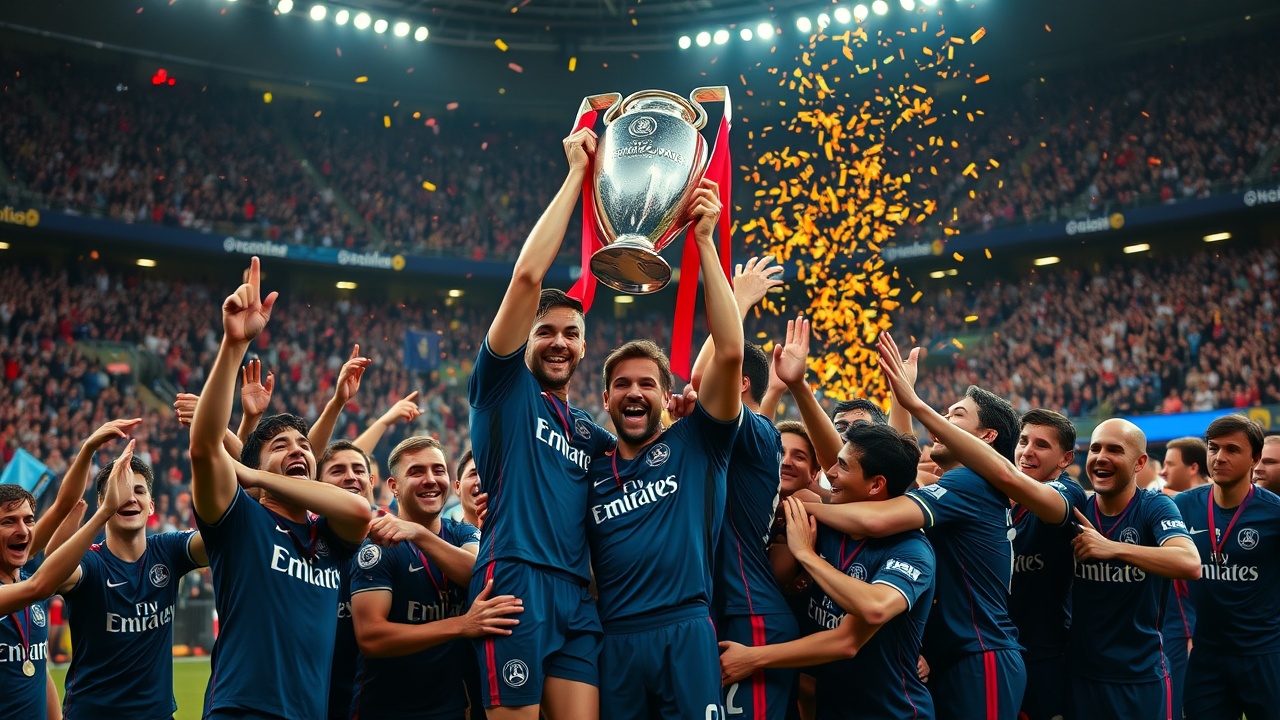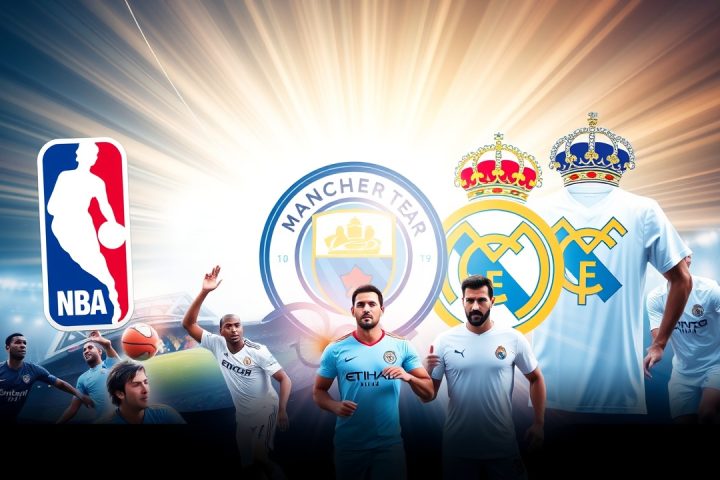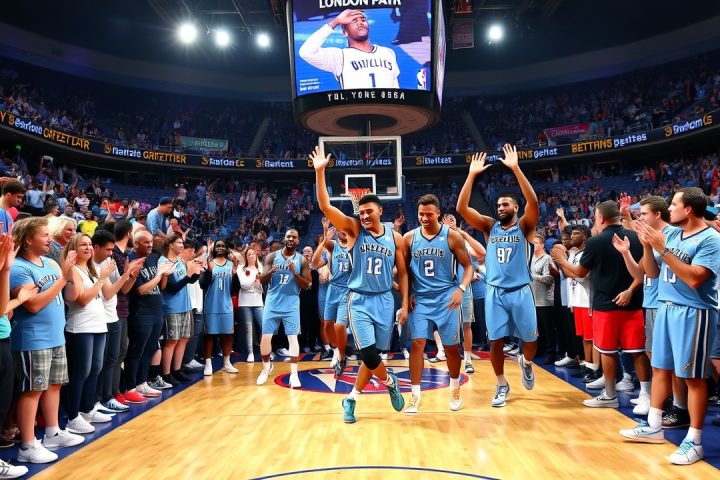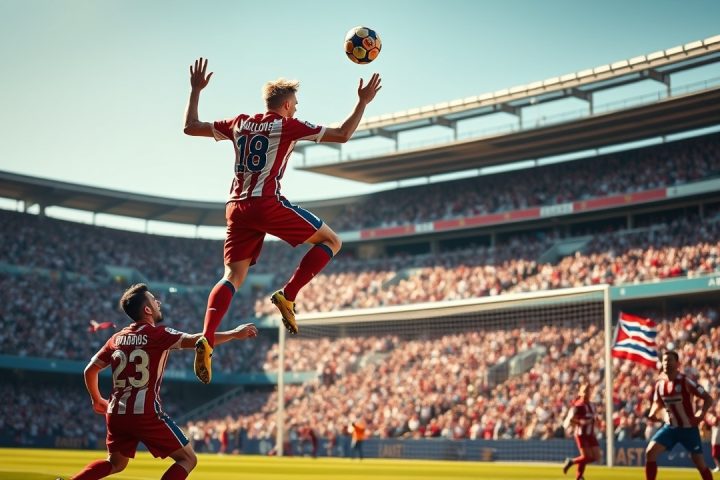Introduction
Since Qatari ownership took the reins of Paris Saint-Germain (PSG) in 2011, the club’s trajectory has been remarkable. At that time, PSG ranked 48th in Europe according to EloFootball.com, although they had made notable progress from a lowly 90th just a year prior. Their performance was on the upswing, finishing fourth in Ligue 1 and demonstrating potential by reaching the Europa League’s round of 16 before falling to Benfica. PSG was positioned alongside mid-tier clubs like VfB Stuttgart and Werder Bremen, replete with dedicated fans but lacking a storied success in football.
Historic Achievement
Fast-forward fourteen years, and PSG’s evolvement culminated in a historic achievement—securing their first UEFA Champions League title with a devastating 5-0 victory over Inter Milan in Munich. This win marks their ascent as the second French team to clinch the European crown, matching the likes of elite clubs like Manchester City in the title department and solidifying a narrative of resilience and ambition.
The Journey of Success
The success has not been predicated solely on the glitz of substantial financial investment, but rather highlighted by a rollercoaster journey punctuated by heartbreak, miscalculations, and a recurrent reckoning with themes placed under the microscope in modern football: sportswashing, political dimensions, and legal tribulations.
Phases of Development
As PSG’s path to success unfolded, notable phases emerged. Under the management of Antoine Kombouaré and later Carlo Ancelotti in the early seasons, investment strategies focused heavily on acquiring marquee players. The arrival of star names like Javier Pastore and Thiago Motta initiated a spending spree, which brought them an eventual Ligue 1 title and a quarterfinal berth in the Champions League, though disappointments persisted.
The club’s ambition saw significant acquisitions, including the likes of Zlatan Ibrahimovic and Thiago Silva, leading to a Ligue 1 championship the following season. Yet, they often succumbed to European powerhouses in the Champions League, unable to convert strong domestic performances into continental success. Each subsequent season presented its own challenges: losses in tight quarterfinals against Chelsea and Barcelona repeated the narrative of near success.
Challenges in Europe
Under different managers, from Laurent Blanc to Unai Emery, PSG continued to bolster their squad while grappling with the immense expectations set by their prolonged investments. They routinely captured domestic honors but faltered in Europe—a pattern that led to changes in the technical staff and roster.
A Turning Point
A crucial turning point came with the arrival of Neymar and Kylian Mbappé, whose off-pitch impact and star power offered PSG renewed hope, yet another disappointing exit against Real Madrid underscored lingering issues. Following managerial transitions and the continuous cycle of recruiting stars without solidifying a cohesive team dynamic, PSG became emblematic of the challenges doubled by fanfare and hefty investments.
New Directions
The arrival of new coach Luis Enrique in 2023, partnered with a shift towards developing younger talents, appeared to signal a departure from prior reliance solely on star power. Focus on compact team-building resulted in a competitive squad able to embrace modern tactics. After navigating a tough start, PSG triumphed by mid-season, dispatching tough opponents and culminating in their triumph in the finals, a fitting capstone to years of aspiration and disappointment.
Conclusion
Overall, PSG’s trajectory reflects a profound transformation. While the years of trying to balance high-profile names with effective gameplay stunted their early ambitions in Europe, the win against Inter Milan provides a beacon of what can be achieved with a more balanced approach—a structural overhaul that may well allow them to sustain this success for years to come.




